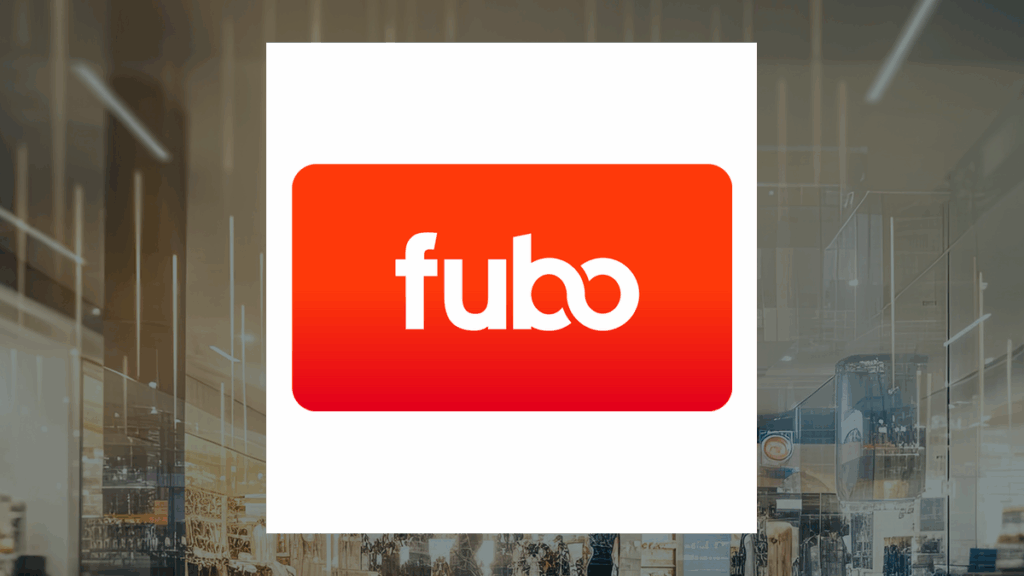The recent merger announcement between FuboTV and Disney’s Hulu service has not only captured attention but is poised to reshape the streaming landscape. This article critically examines the potential impacts of this merger, the current state of FuboTV, and what investors might anticipate moving forward.
Understanding FuboTV’s Position
FuboTV is primarily known as a sports-first streaming service that provides a myriad of channels focused on sports, news, and entertainment. Positioned uniquely within the cord-cutting market, FuboTV has embraced a strategy to replace traditional cable offerings with a streamlined streaming service. However, despite its growth aspirations, recent reports highlight some concerning trends faintly shadowing FuboTV’s trajectory.
In the first quarter of 2025, FuboTV’s performance was underwhelming. Although the company reported a GAAP earnings figure of $0.55 per share, when adjusted, the loss came to $0.02, as compared to a larger loss of $0.14 from the same period last year. What’s particularly troubling is the continuous decline in their subscriber base, which presents a worrying sign for prospective investors and stakeholders alike.
The Merger: What’s At Stake?
The merger between FuboTV and Hulu signifies a critical juncture in the competitive streaming domain. Disney’s strategic acquisition aims to combine its expansive content library with FuboTV’s niche in sports streaming, creating formidable combined entity. However, such a merger does not come without its regulatory complications.
The U.S. Department of Justice has initiated an investigation into the merger specifically concerning antitrust issues. Disney’s own ownership of ESPN raises possible conflicts as it creates an environment where concern over competitive fairness becomes paramount. The regulatory hurdles could delay or complicate the overall unity of these two platforms.
Nonetheless, should the merger clear these legal barriers, it may offer significant advantages as synergies between the two companies are realized. The collective strength in the content library could potentially enhance the viewing experience and captivate a broader audience.
Investor Sentiment: A Mixed Bag
Investor sentiment around FuboTV has fluctuated in light of these developments. Initially, the announcement of the merger was met with optimism, and the stock experienced a notable spike in its value, showcasing a rise of 4.5% during one trading session. As of now, analysts express a mixed outlook.
According to various brokerage firms, FuboTV holds a ‘Moderate Buy’ rating with an average price target of approximately $4.06; nonetheless, downgrades and price reductions have surfaced. For example, Needham recently reduced their price expectation from $3.35 to $3.00, reflecting underlying concerns about FuboTV’s profitability and growth sustainability.
Challenging Financial Indicators
Current financial indicators for FuboTV paint a complicated picture. With a market capitalization of around $1.16 billion and substantial debt-to-equity ratios (1.50), FuboTV’s financial stability may be in question. The fact that its stock trades lower than its moving averages suggests the company is grappling to keep pace with market expectations.
Institutional support appears to be waning. While several hedge funds have modified their positions in FuboTV, these adjustments reflect greater caution rather than indiscriminate enthusiasm. Institutional ownership currently represents about 39.31%, symbolizing both interest and inherent risks from stakeholders.
Market Trends and Consumer Behavior
As the streaming industry matures, trends indicate a growing demand for versatile content at competitive prices. With the increasing prevalence of cord-cutting, consumers are gravitating toward service providers that offer unique value propositions without the traditional cable frustrations.
FuboTV, with its focus on sports, holds a unique niche that sets it apart from traditional streaming competitors. However, if they do not meet these emerging consumer needs, especially considering price sensitivity, sustaining subscriber growth could become an uphill battle.
Long-Term Implications of the Merger
Should the FuboTV and Hulu merger be realized, there will be several long-term implications for both companies and their users. A merged entity could yield a diverse range of content appealing to a wider demographic, potentially turning FuboTV into a more formidable player within the streaming realm.
However, subscribers may feel the effects of consolidation through restrictive practices. As larger conglomerates dominate content delivery, pricing strategies and content availability can shift towards less favorable positions for consumers. The prospect of competition diminishes in a consolidated industry as fewer players dominate the market landscape.
Conclusion: Weighing Investment Options
Investors retaining interest in FuboTV must now weigh the potential benefits against significant risks emerging from its market environment and operational challenges. While the merger has the potential to create a more competitive service, due diligence remains critical.
Given the market’s unpredictable nature and declining subscriber counts, stakeholders should consider their risk tolerance carefully. Until concrete outcomes emerge regarding the merger, it might be prudent for investors to proceed with caution, balancing risks with potential rewards in the evolving streaming landscape.
This article has provided insights into the current landscape surrounding FuboTV and its merger with Disney’s Hulu. Keeping a keen eye on the developments, investors can make informed decisions as the situation evolves.

